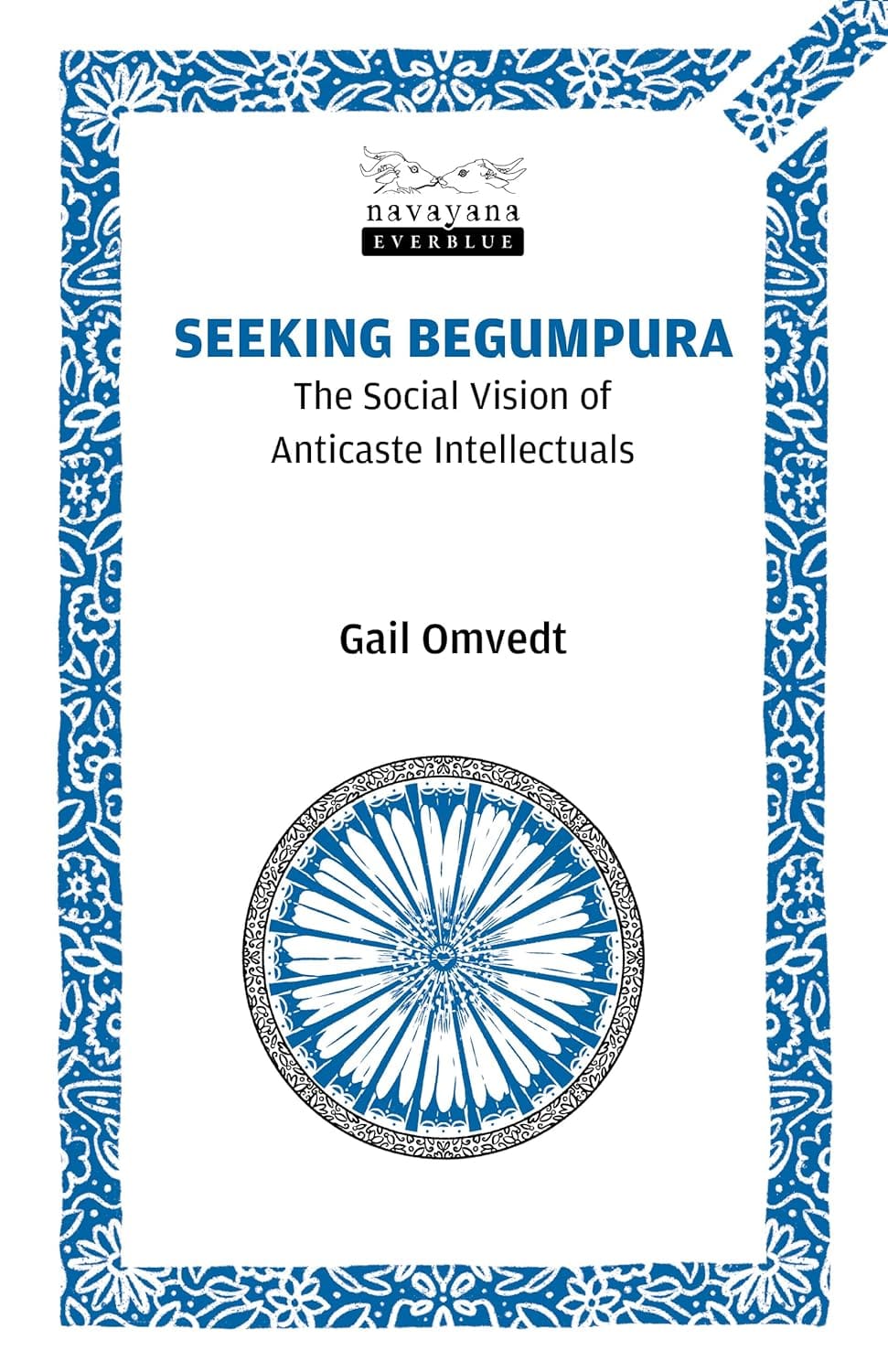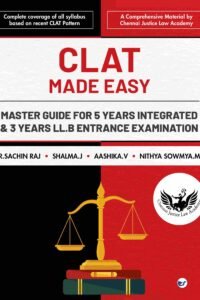Ravidas, the fifteenth century bhakti poet, ‘a tanner set free’, was the first to envision an Indian utopia in his song “Begumpura”—a casteless, classless, tax-free city without sorrow. This was in contrast to the dystopia of the brahmanic Kaliyuga. Rejecting Orientalist, nationalist and hindutva impulses to ‘reinvent’ India, Gail Omvedt threads together the worldviews of subaltern visionaries spanning five centuries—Chokhamela, Janabai, Kabir, Ravidas, Tukaram, the Kartabhajas, Phule, Iyothee Thass, Pandita Ramabai, Periyar and Ambedkar. These are contrasted with Gandhi’s village utopia of Ram Rajya, Nehru’s brahmanic socialism and Savarkar’s territorialist Hindu Rashtra. Reason and ecstasy, dnyan and bhakti, pave the road that leads to the promised land.
Similar Products
- Sku: 9789352751181
GERONIMO STILTON THE KINGDOM OF FANTASY SPECIAL EDITION #2: THE DRAGON OF FORTUNE
Estimated delivery on 20 - 26 December - -27%
- -27%
Description
Additional Information
| Weight | 0.31 kg |
|---|---|
| Dimensions | 20.3 × 25.4 × 4.7 cm |
About Author
Ravidas, the fifteenth century bhakti poet, ‘a tanner set free’, was the first to envision an Indian utopia in his song “Begumpura”—a casteless, classless, tax-free city without sorrow. This was in contrast to the dystopia of the brahmanic Kaliyuga. Rejecting Orientalist, nationalist and hindutva impulses to ‘reinvent’ India, Gail Omvedt threads together the worldviews of…






 No products in the cart.
No products in the cart.







